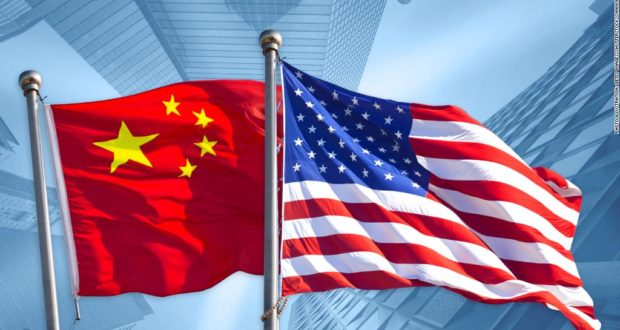China's Xi Jinping pledges to cut auto tariffs amid US trade clash
Chinese President Xi Jinping on Tuesday said his government would "significantly lower" tariffs on vehicle imports this year.
The pledge addresses one of the gripes of US President Donald Trump, who has threatened to impose new tariffs on $150 billion of Chinese goods in a tense trade dispute between the world's two largest economies.
Xi promised the cut in auto tariffs alongside a series of other measures to further open up China's economy to the wider world during a speech at a development conference on the Chinese island of Hainan. But many of the steps Xi outlined in broad terms are ones that Beijing has previously proposed in some form.
Powered by SmartAsset.com
The Chinese government had promised in November to "gradually and properly" reduce tariffs on imported vehicles, but it didn't give a specific time frame for doing so.
Trump complained as recently as Monday about China's 25% tariff on foreign cars, pointing out that it's far higher than the 2.5% tariff the United States charges for imported cars.
"Does that sound like free or fair trade," Trump tweeted. "No, it sounds like STUPID TRADE - going on for years!"
But it's not clear that Xi's pledge to lower the Chinese tariffs this year will be enough to defuse the trade tensions between the two sides. China has already proposed new tariffs on $50 billion of US goods and threatened to retaliate further.
Related: Trump promises to 'make it up' to farmers hit by China tariffs
Xi didn't mention Trump or the United States by name in his speech. But he stressed the need for tackling problems through dialogue rather than confrontation and complained about limits other governments have put on trade with China.
"We hope developed countries will stop imposing restrictions on normal and reasonable trade of hi-tech products and relax export controls on such trade with China," he said.
The other measures he promised China would take include improving access to its financial sector and easing restrictions as soon as possible on foreign ownership of companies operating in China's auto, aerospace and shipbuilding industries.
He also pledged to strengthen the protection of intellectual property inside China, which has been a focal point of criticism from the Trump administration, and increase China's imports from other countries by lowering some tariffs.
"China does not seek a trade surplus," he said.
-- Matt Rivers, Tim Schwarz and Steven Jiang contributed to this report
News Courtesy: www.cnn.com











